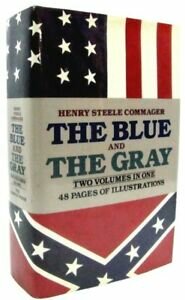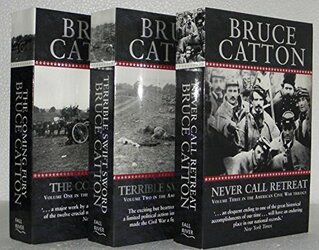Sure, this is the sort of thing I'm interested in. The only book I've read like this was Lothrop Stoddard's Into The Darkness which was decent but didn't go into much depth as he was an outsider. I do intend to order the full Lothrop Stoddard catalog along with Madison Grant's works and other eugenicists and racialists of their day. It's amazing the kind of stuff that's simply not available online. These books really need to be preserved for future generations.
Awright, here's what I've got in that vein, starting with the behind the scenes stuff in the Third Reich:
Witnesses of War: Children's Lives Under The Nazis, by Nicholas Stargardt -- Title speaks for itself. Only study of kids under Axis rule I know of. Grim.
What We Knew: Terror, Mass Murder, and Everyday Life in Nazi Germany, by Johnson & Reuband -- A solid overview of life that also tries to figure out just how in the know your average Joe was.
Hitler's Willing Executioners: Ordinary Germans and The Holocaust, by Daniel Jonah Goldhagen -- Specifically tracing the origin and development of genocidal views among different strata of German society. Not without criticism (he reaches a little in some places, and doesn't address how similar genocidal attitudes developed that had nothing to do with Jews), but I don't think anything's come out since that's attempted to go as in depth on the subject, and the bibliography and footnotes are a goldmine.
The Nuremberg Interviews, by Leon Goldensohn -- Interviews with many of the Nazis tried at Nuremberg while they were in prison. Covers almost all the big names. Includes funny gossip about them, too (everyone thought Goering was a fat bitch and he and Himmler were lolcows).
Inside the Third Reich: Memoirs, by Albert Speer -- Speer's own confessional/diary of the start of his career, up through the end of the war, documenting how he ended up a major player in the Nazi party despite his day job having been an architect. Lots of dirt on day to day interactions with the big names, and how very cow-y they were. (Hitler was an actual sperg who annoyed the shit out of several of the major architects and artists of the era.)
Spandau: The Secret Diaries, by Albert Speer -- The second half of Speer's diaries, written while serving his sentence in Spandau prison.
Reflections on a Ravaged Century, by Robert Conquest -- Survey of 20th century totalitarianism. Old, but kind of foundational.
Diaries of Joseph Goebbels -- I don't actually have a copy of this because I've only ever seen a single set and it wasn't for sale (university library had it). English edition is unobtanium (20 years and counting chasing it), but if you can read German, that edition is much easier to find. Frustrating, because it's invaluable as both a primary source on life in Nazi Germany, and as a discussion of propaganda techniques by one of the major developers.
And on the development of modern propaganda:
Propaganda: Its Psychology and Technique, by Leonard W. Doob -- You'll need to go vintage for this one, don't think it's had an edition since before WW2, but it's not expensive, only mildly uncommon. Should be able to turn it up on ABEBooks, eBay, or even Amazon.
Propaganda Technique in World War I, by Harold D. Laswell -- One of the few analyses of pre-WW2 modern propaganda use and technique.
Propaganda, by Jacques Ellul -- If you can get only one book studying propaganda, this is the one to get IMO. Focused on WW2 and the early Cold War eras. Concise and still relevant, despite its age. Scans can be found on Archive.org.
most major works by Edward Bernays -- The great grandfather of propaganda and advertising.
most major works by Marshall McLuhan -- If Bernays is the great grandpa, McLuhan is the grandfather.
Triumph of The Will, by Leni Riefenstahl -- A film, not a book, but often considered the first piece of sophisticated motion picture propaganda. The original DVD print by Synapse is excellent -- superb restoration job, and it includes an enjoyable historical commentary track that sometimes gets amusingly sassy. If you get a digital copy, double check that -- some versions have the subtitles and commentary forced on and can't be disabled. Editions prior to Synapse's are crap (all were from damaged film reels). Can't remember if Criterion ever did an edition, but if they did, I'm sure it's very high quality.






